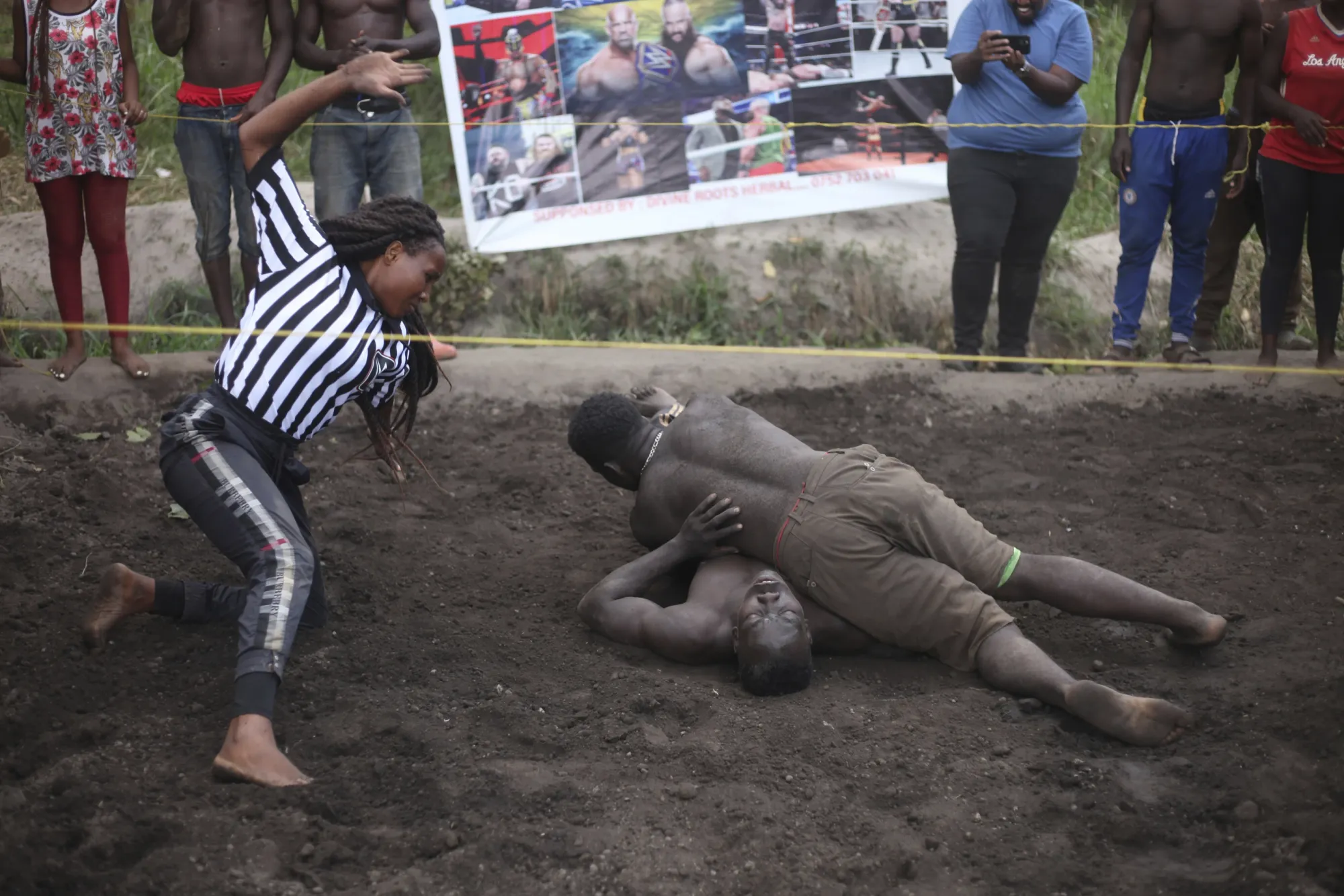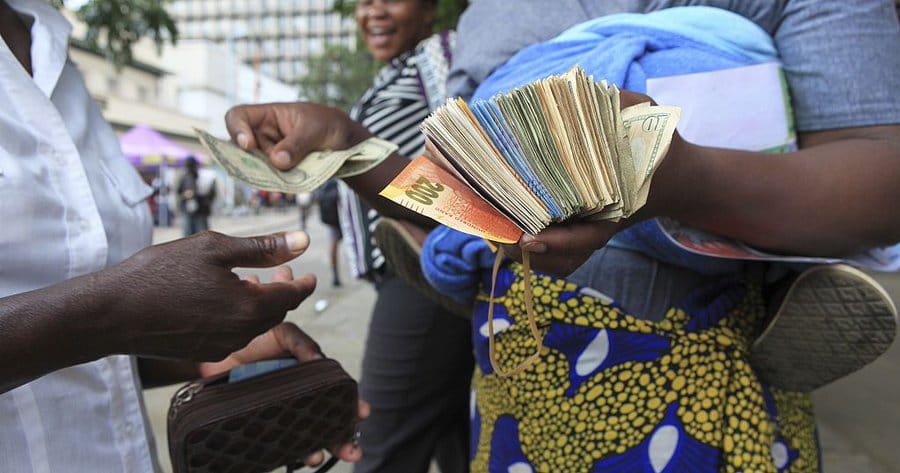[ad_1]
Dakar, Senegal – In a critical test of democracy for West Africa, Senegalese voters cast their ballots on Sunday in a presidential election marked by pre-vote tensions and widespread anticipation. The election, initially set for February 25 but unsuccessfully sought by President Macky Sall to be postponed, went ahead amidst the Ramadan period, adding a unique backdrop of observance to the political fervor.
Despite constitutional constraints preventing a third term for President Sall, his attempt to delay the election stirred significant unrest, leading to violent protests. This unrest highlighted the stakes of the election, not just for Senegal but as a beacon of stability in a region recently unsettled by military coups.
Early in the day, voters formed queues in Dakar, the nation’s capital, under the watchful eyes of the elite police force, demonstrating a high turnout from the more than 7 million registered voters. Babacar Gueye, leading the COSCE network of observers, remarked on the unprecedented voter enthusiasm, underscoring the importance of participation for the election’s legitimacy.
The lead-up to the election saw opposition leader Ousmane Sonko’s release from prison, a move that galvanized support for his ally Bassirou Diomaye Faye, also a recent detainee, who is contesting in the election. The political landscape is thus charged with a blend of hope and desperation, with many Senegalese eager for change amidst economic challenges exacerbated by global factors such as the war in Ukraine.
Unemployment among the youth stands as a pressing concern, driving many to dangerous lengths in search of better opportunities abroad. The election reflects broader aspirations for economic revival, better educational facilities, and a stable job market.
Senegal’s commitment to democracy is closely watched, given its history of peaceful transitions of power since independence in 1960, contrasting sharply with recent upheavals in neighboring countries. This year’s election, featuring 19 candidates, the highest in the nation’s history, is a testament to the vibrant, albeit contentious, democratic process in Senegal.
Candidates and voters alike share a common desire for a peaceful election outcome, with leading contenders expressing confidence in the process and their prospects. Yet, the backdrop of recent protests and the government’s stern response looms over the election, fueling debates over the need for systemic change versus the pursuit of stability and continuity under experienced leadership.
In towns far from the capital, such as Fatick, the election day unfolded with calm, as the military ensured security and voters, young and old, participated with a sense of duty and pride. The red ink on their fingers not only marked their participation but also symbolized their hope for a fair and peaceful determination of their nation’s future.
As Senegal awaits official results, the election stands as a critical juncture, with implications for the nation’s direction, democratic resilience, and role in a region grappling with governance challenges.
[ad_2]
Source link





